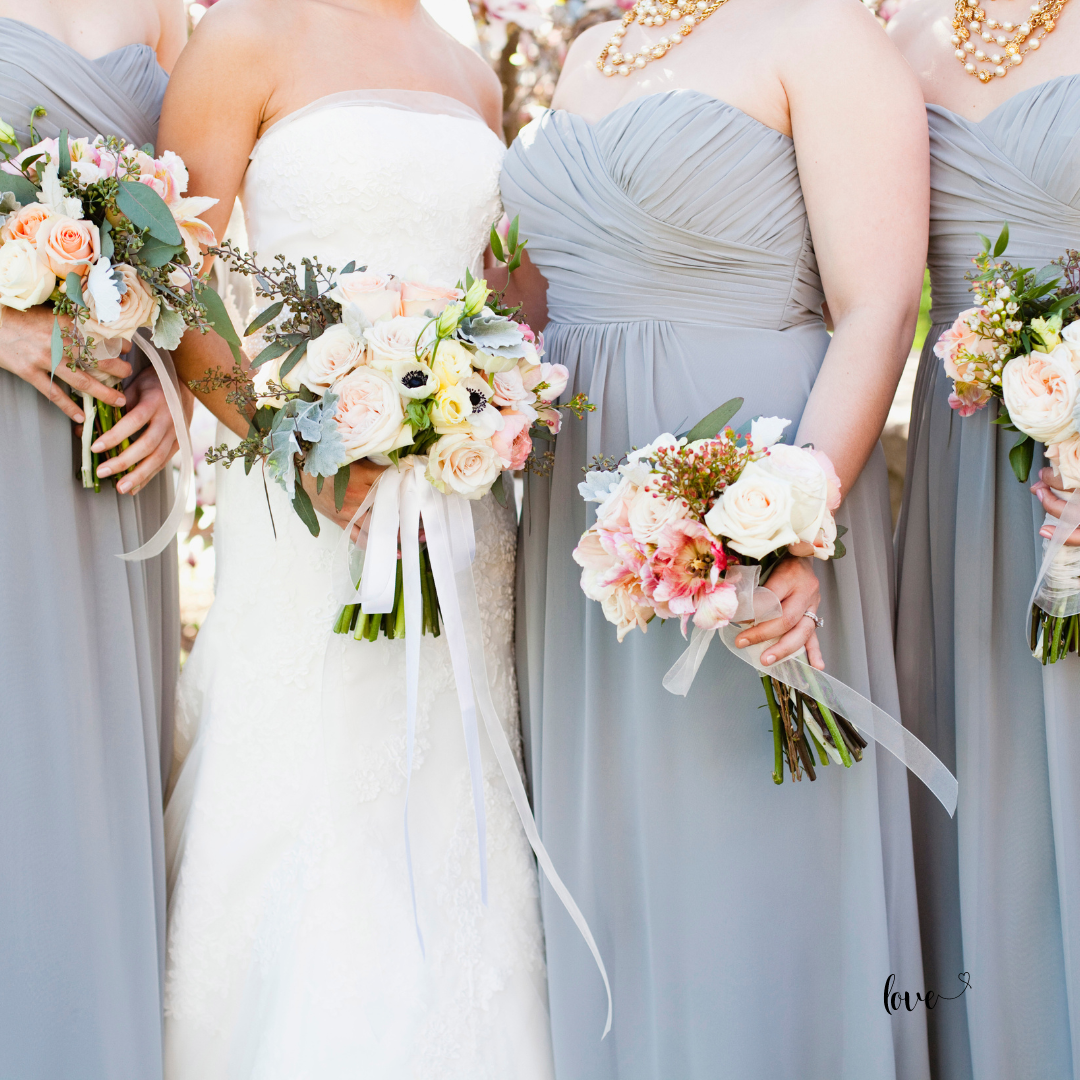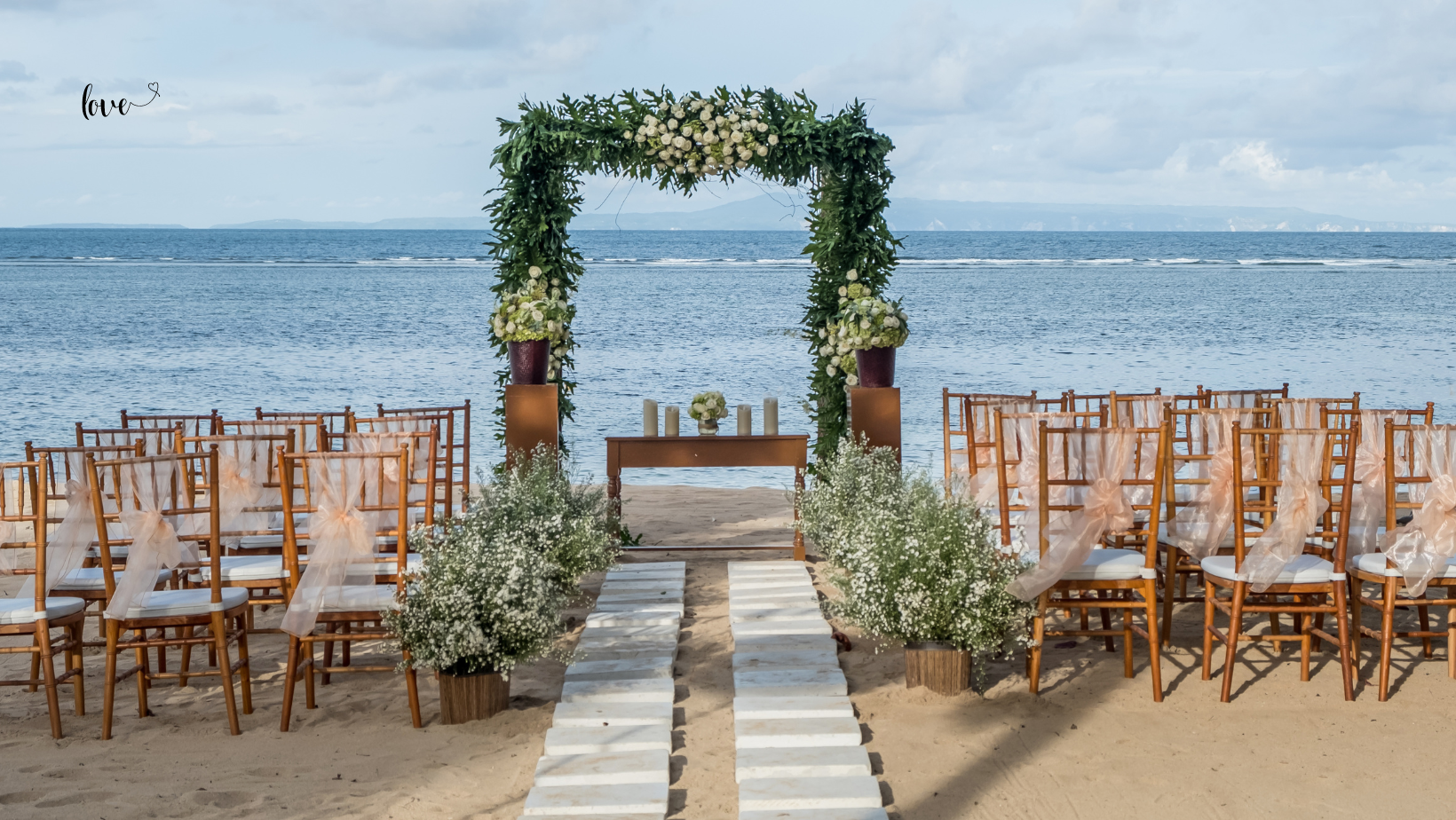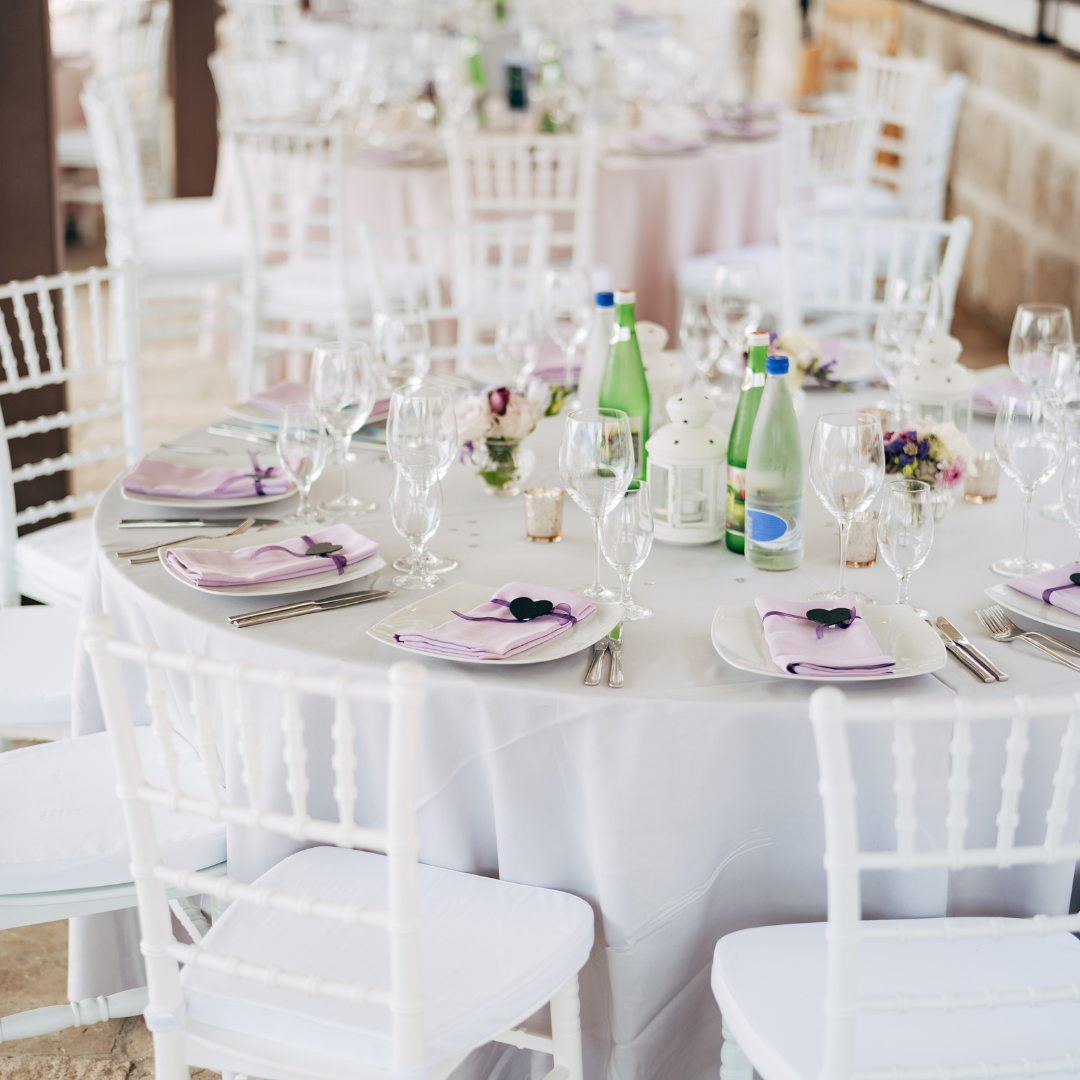Getting the Wedding Budget right early
Creating a wedding budget early in the planning process is essential for a successful and stress-free wedding. By establishing a budget from the start, you can make informed decisions, prioritise your spending, and avoid any financial surprises along the way. Here are some reasons why creating a wedding budget early is crucial and some tips to help you get started.

Realistic planning
Setting a budget early allows you to plan your wedding realistically. It helps you determine what you can afford and what aspects of your wedding are most important to you. By having a clear understanding of your financial limitations, you can make choices that align with your priorities and avoid overspending.
Avoiding Debt
Weddings can be expensive, and without a budget, it’s easy to overspend and accumulate debt. By creating a budget early, you can set spending limits and make choices that fit within your financial means. This will help you start your married life on a solid financial foundation.
Prioritising Expenses
A budget helps you prioritise your wedding expenses based on what matters most to you as a couple. It allows you to allocate more funds to the aspects of your wedding that are most important, such as the venue, food, or photography, while being more conservative with less essential elements.
Researching Costs
Creating a budget early requires researching the average costs of wedding elements in your area. This research helps you set realistic expectations and avoid any surprises when you start receiving quotes from vendors. It also allows you to make informed decisions about where to allocate your funds.
Determine Your Total Budget
Start by determining your total wedding budget. Consider your savings, contributions from family members, and any other sources of funding. This will give you a clear idea of how much you have to work with.
Create a Detailed Spreadsheet
Use a spreadsheet or budgeting tool to track your expenses. Include categories such as venue, attire, photography, videography, music flowers, and transportation. Assign estimated costs to each category and update them as you receive quotes from vendors.
Leave Room for Unexpected Expenses
It’s important to leave some room in your budget for unexpected expenses or last-minute changes. Set aside a contingency fund of around 10% of your total budget to account for any unforeseen costs that may arise.
Track Your Spending
As you start booking vendors and making payments, track your actual spending against your budget. This will help you stay on track and make adjustments if necessary.
Be Flexible
Remember that a budget is a guideline, and it’s okay to make adjustments along the way. If you find that you’re overspending in one area, look for ways to cut costs in another. Be open to alternative options that fit within your budget without compromising your vision.










